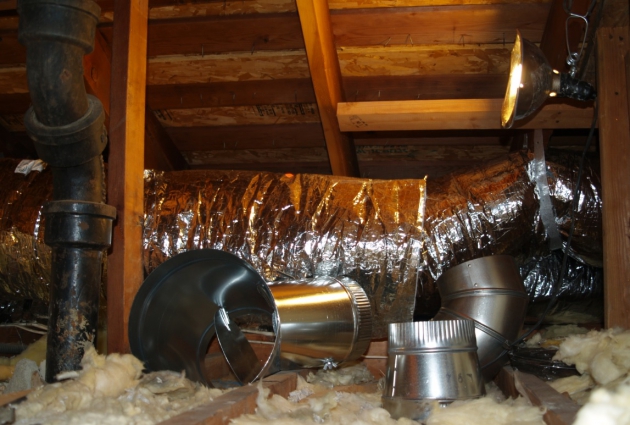Replace Your Air Conditioner with the Latest EPA Regulations
It’s important to know the latest Environmental Protection Agency (EPA) regulations, which may affect your decision to replace your air conditioner. Understanding these regulations helps you make informed choices and ensures your new system meets current standards and is efficient. Here’s what you need to know about the newest EPA regulations before replacing your air conditioner.
1. Understanding the EPA’s Role
The EPA is a key regulator of air conditioning systems, ensuring they are energy-efficient and environmentally friendly. The agency sets standards on refrigerants, efficiency ratings, and other factors that impact performance and the environmental footprint of air conditioners.
2. Refrigerant Regulations
The type of refrigerant used in air conditioners is a major area of regulation. The EPA has phased out certain refrigerants that are harmful to the ozone layer, like R-22 (also called Freon). Newer air conditioning systems use R-410A and other environmentally friendly refrigerants with a reduced impact on the environment. When replacing your air conditioner, make sure it uses a refrigerant approved by the EPA.
3. Minimum Efficiency Standards
The EPA, in collaboration with the Department of Energy, sets minimum efficiency standards for air conditioners. These standards are measured in Seasonal Energy Efficiency Ratios (SEER). As of January 1, 2023, the minimum SEER for new central air conditioners in most areas of the United States is 14. Higher SEER ratings mean better energy efficiency and lower operating costs. Ensure your new air conditioner meets these standards to comply with EPA requirements and save on energy bills.
4. Energy Star Certification
Consider choosing an air conditioner with Energy Star Certification for even greater energy savings. Energy Star, a program managed by the EPA, identifies products that meet strict energy efficiency standards. Air conditioners with this certification use less energy and emit fewer greenhouse gases. They may also qualify for rebates and incentives. Look for the Energy Star Label to ensure your new unit meets high environmental and efficiency standards.
5. How to Dispose of Old Units Properly
It’s important to follow EPA regulations when disposing of your old air conditioner. The refrigerants in older units can be hazardous to the environment if not handled properly. HVAC professionals offer disposal services to ensure refrigerants are recovered and recycled according to EPA guidelines. Verify that your contractor follows proper disposal procedures to avoid environmental hazards.
6. Keep Up to Date with the Latest Regulations
Stay informed about any updates in EPA regulations that could affect your air conditioning system. Check the EPA website regularly or consult HVAC professionals about any changes. Staying up to date allows you to make the right choices for both your home and the environment.
Conclusion
Choosing a new air conditioner is not enough. You also need to consider the most recent EPA regulations to maximize efficiency and ensure compliance. Understanding refrigerant laws, Energy Star certifications, minimum efficiency standards, and proper disposal methods, as well as staying updated on regulatory changes, will help you make an informed and responsible decision. A compliant, efficient air conditioner will benefit the environment, save you money in the long run, and improve your home’s comfort.
This post was written by a professional at First Call Heating And Cooling. First Call Heating And Cooling is your best air conditioning repair charleston SC, North Charleston, Mount Pleasant, and Summerville, SC. We specialize in comprehensive heating and cooling solutions, from installation to routine maintenance, hvac replacement near you to emergency HVAC repairs near you. Our expert technicians ensure top-notch service, making your comfort our priority. Whether it’s a sweltering summer or a chilly winter, trust First Call Heating And Cooling to keep your home comfortable year-round. For reliable and efficient HVAC services in the low country, make First Call Heating and Cooling your last call.





